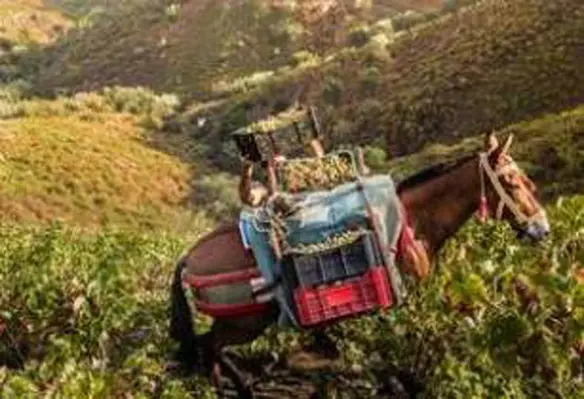The UN FAO has designated five traditional farming systems in China, Korea and Spain as globally important agricultural heritage systems
These include two sites in Spain such as the Malaga Raisin Production System in La Axarquía and the Salt Production System in Añana, two sites in China including the Zhagana Agriculture-Forestry-Animal husbandry Composite System and the Mulberry Dyke and Fish Pond System in Houzhou and the traditional production system for Hadong tea in Hwagae-myeon in the Republic of Korea.
The new sites were officially recognised during the meeting of FAO’s Scientific Advisory Group (SAG) on Globally Important Agricultural Heritage Systems (GIAHS) in Rome from 23-25 November 2017.
“The newly recognised GIAHS sites represent a wide variety of agricultural practices and showcase how traditional knowledge, together with strong cultural identity and a harmonic relationship with nature, can create sustainable agricultural systems, while maintaining landscape features, biodiversity, natural resources, as well as providing food and livelihood security to local farmers over time,” said Yoshihide Endo, programme coordinator of GIAHS.
Launched by FAO in 2002, GIAHS are defined as “remarkable land use systems and landscapes which are rich in globally significant biological diversity evolving from the co-adaptation of a community with its environment and its needs and aspirations for sustainable development.”
According to FAO, such sites are different from conventional heritage sites or protected areas. They represent dynamic, human-managed agricultural ecosystems that reflect site-specific ecological conditions as well as local farming and food traditions and culture.
FAo also said that the five new designations bring the number of GIAHS systems to 44 sites in 19 different countries across Africa, Asia, Latin America, the Near East and Europe.





